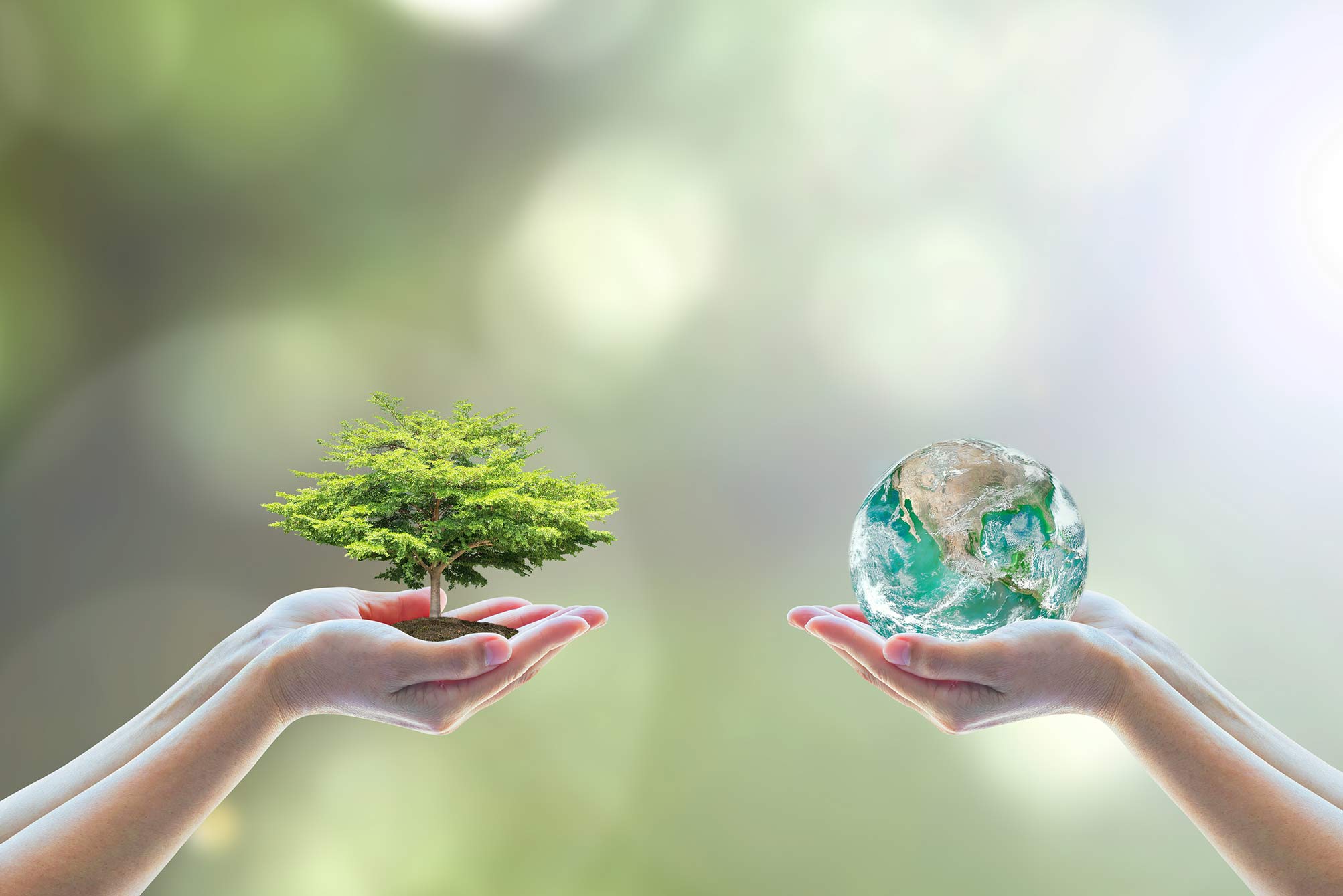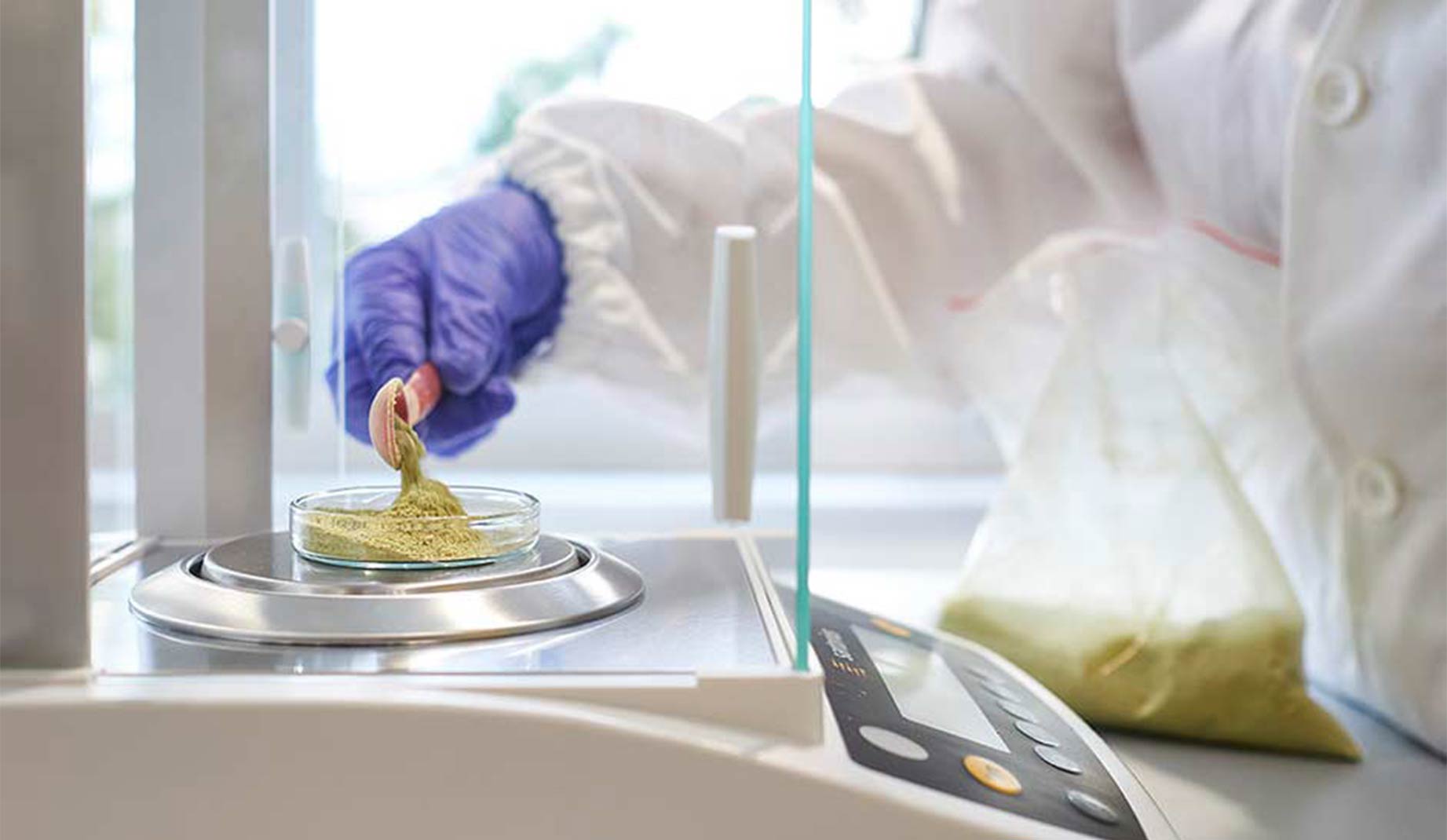- Home
- News & trends
- Trends
- World Environment Day: our commitment for a more sustainable production

World Environment Day: our commitment for a more sustainable production
The World Environment Day (or WED) was proclaimed by the UN General Assembly in 1972 and is celebrated every year on the 5th of June. The goal of this Day is to raise awareness in the world about very sensitive topics like pollution, global warming, productive sustainability and overpopulation.
Every year the United Nations choose a theme for the World Environment Day, choosing the topic to focus on. For example, in 2018 the chosen theme was plastic pollution, one of recent years’ most problematic environmental plagues. In fact, plastic makes up the majority of human waste in the sea; nowadays we still use a lot of plastic bottles, which are almost never recycled.
In the spirit of this day, we want to take the chance to discuss about sustainable production: Novacart commits itself to make recyclable, biodegradable and compostable products. Not everyone knows, though, what makes a product really recyclable, biodegradable or compostable.
Recyclable
The recycling of a product is a set of strategies and activities to recover useful materials from it and prevent it from being put in a landfill. The goal is to reuse it.
Recyclable doesn’t necessarily mean ecologically compatible. Many recyclable materials can become dangerous for the environment if they’re not properly recovered. In fact, many of the products that do not remain inside the recycling cycle can become harmful. This is why recycling has been subjected to several critiques, including the problem of the high environmental costs, and the low quality of the raw materials produced and their final products.
Nonetheless, the public still considers important for a product to be recyclable, and it is thought that this means the product is also environment-friendly: to help solve this problem, it’s important to correctly inform people about the process of recycling. Some solutions can be reusing the product, transforming it in a derivative or composting.
Biodegradable
Biodegradability is the ability of a material of being degraded into simpler elements in a natural way, thanks to microorganisms or atmospheric agents. Plastic, for example, can be degraded into small particles but it remains a synthetic product.
Therefore, it can’t be completely eliminated and keeps on amassing in the environment (like the famous micro plastics, which are often eaten by fish). Because of that, even if a material is degradable, it doesn’t mean it’s also sustainable. Natural materials are transformed into simpler molecules instead, like water, carbon dioxide and methane, without releasing polluting substances.
Compostable
A material is compostable when it can be transformed into compost: its organic elements are transformed into inorganic simple elements (water, carbon dioxide and methane). Materials must be organic and natural to produce compost: the material can be transformed when it ends its usability, through an industrial or domestic process.
The material then is decomposed by bacteria creating a fertilizing substance that can be reused in farms. The result of this process is called “compost”, a substance similar to humus and rich in organic materials. Compost is used in farming to enhance the soil’s fertility. Composting process is based on biological decomposition of organic materials through bacteria and other microorganisms.
Waste is accumulated in composting plants where they are biodegraded; after two more stages of organic oxidation and maturation it finally releases carbon dioxide, water, compost and heating.
This process is divided into several stages:
- Fermentation: the first stage is defined by the work of microorganisms, which bring the temperature initially to 40-45°C and then to 70°C. This stage sanitizes the compost and eliminates pathogens or parasites.
- Maturation: after a period from 30 to 60 days the temperature drops again to 40°C, and some specialized fungus and bacteria help the microorganisms to decompose the most resistant elements of the material.
- Final decomposition: the pile of material finally undergoes a treatment where earthworms or small invertebrates accelerate and finish the process.
At the end of the process, the waste is transformed in compost. Thanks to this transformation, it can be used as fertilizer in agriculture or floriculture.

Punto Rosso: Novacart's commitment to a more sustainable future
Thanks to its research and development lab Punto Rosso, which cooperates with the Italian Technological Institute of Genoa, Novacart Group is researching eco-compatible materials that will be able to substitute plastic, made from production waste.
For example, this collaboration brought to the production of the very first bioplastic products, presented also at international fairs. Moreover, Novacart uses 100% pure cellulose paper, and many of its products are recyclable and biodegradable: this constant effort represents the company’s will to innovate even more.